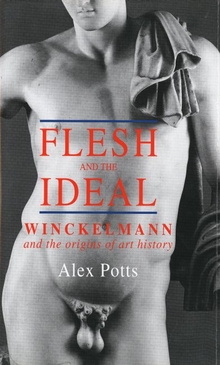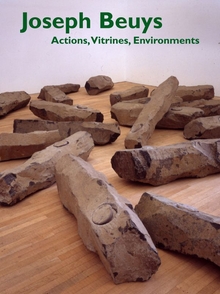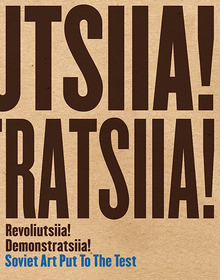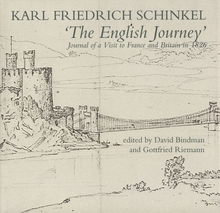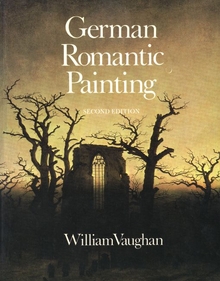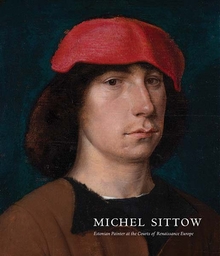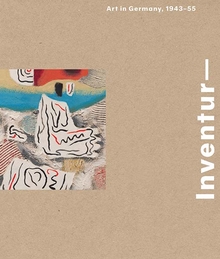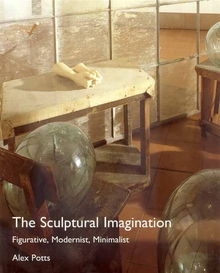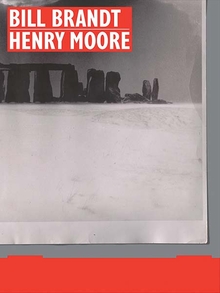Flesh and the Ideal
WARNING
You are viewing an older version of the Yalebooks website. Please visit out new website with more updated information and a better user experience: https://www.yalebooks.com
Winckelmann and the Origins of Art History
Alex Potts

Read this book online via the A&AePortal, our art and architectural history eBook platform. To learn more about how to access this book, please contact us.
Out of Print
Alex Potts analyzes Winckelmann's eloquent account of the aesthetic and imaginative Greek ideal in art, an account that focuses on the political and homoerotic sexual content that gave the antique ideal male nude its larger resonance. He shows how Winckelmann's writing reflects the well-known preoccupations and values of Enlightenment culture as well as a darker aspect of Enlightenment ideals--such as the fantasy of a completely free sovereign subjectivity associated with Greek art. Potts explores how Winckelmann's historical perspective on the art of antiquity both prefigures and undermines the more strictly historicizing views put forward in the nineteenth century and how his systematic definition of style and historical development casts a new light on the present-day understanding of these notions. According to Potts, Winckelmann goes well beyond the simple rationalist art history and Neoclassical art theory with which he is usually associated. Rather, he often seems to speak directly to our present awareness of the discomforting ideological and psychic contradictions inherent in supposedly ideal symbolic forms.
"Flesh and the Ideal gives us a new look at one of the more complex protagonists of the Enlightenment. . . . [Potts] deserves our thanks for bringing Winckelmann back to the centre of current art-historical thinking."—Bruce Boucher, The Times (London)
"Potts monograph has been long awaited and keenly anticipated. . . . It bears all the hallmarks of its author's empathic respect for his subject's achievement, and it will surely be the major critical discussion of Winckelmann in English for at least a generation."—JAS' ELSNER, The Cambridge Review
"This book remains an outstanding study of a great and complex mind, exploring fundamental issues of the interlocking of mind, emotions and sexual preferences."—John Wilton-Ely, RA Magazine
"Among the many insights: the discovery of contradictions within Winckelmann's ideas especially as they relate to issues of political and personal freedom and the sensual and even erotic appeal of the male nude, issues which he characterizes as 'central and explicit' in Winckelmann's writings. The ideas treated in this book are sometimes complex and it demands careful reading, but this is a significant contribution to the understanding of one of the most important figures in art history. This book will especially appeal to those with advanced art historical interests."—Sally Schultz, Religious Studies Review
"This study of Winckelmann's magisterial contribution to the history of art and his place as a founder of the modern discipline is the result of a process of long distillation and careful thought. . . . A fascinating and stimulating re-reading of Winckelmann."—Alison Yarrington, Art History
"A fascinating case study of homosexual experience and identity negotiated within the profoundly homosocial cultures on which Winckelmann depended."—Christopher Reed, Journal of the History of Sexuality
"Dr. Potts has written a most illuminating study of an important but difficult writer and his book is to be thoroughly recommended."—David Mannings, British Journal of Aesthetics
"The best monograph on [Winckelmann] in any language."—David Watkin, Times Literary Supplement
Publication Date: August 31, 1994
43 b/w illus.

